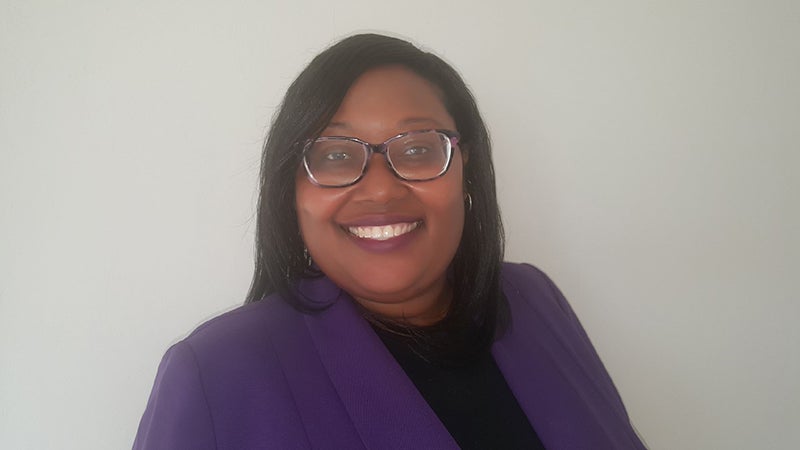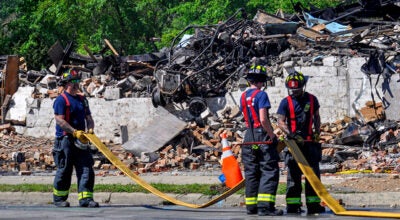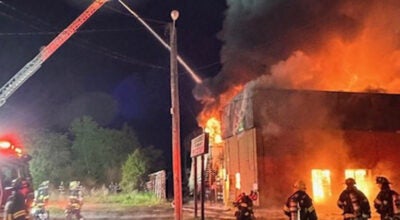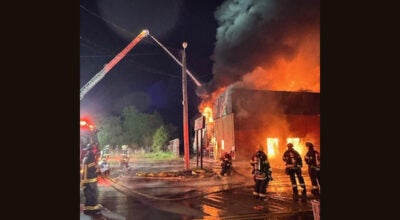Former school counselor heads efforts for trauma-sensitive schools
Published 7:35 pm Tuesday, March 15, 2022

- Hatton
|
Getting your Trinity Audio player ready...
|
A Suffolk native is continuing her efforts to create trauma-sensitive school environments after earning an award for her efforts in 2021.
Dr. Crystal Hatton served as a school counselor for 13 years for Newport News Public Schools working with middle schoolers. She was one of 10 winners nationwide in the National Board for Certified Counselors’ 2021 National Certified School Counselor (NCSC) Awards Program.
Hatton is a lifelong resident who graduated from Nansemond River High School. She lives in Suffolk with her husband and two daughters, one of whom is now a student in Suffolk Public Schools.
This award recognized school counselors who invested outstanding effort to meet the needs of students and families during the COVID-19 pandemic.
Part of the award was $1,000 for implementing school programs and initiatives. She used the money to help her former school counselor colleges establish a trauma-sensitive school environment as the students transitioned from virtual learning to the classroom. The funds were used for fidget devices, journals for students to process feelings and technology for students.
Since this award, Hatton left Ethel M. Gildersleeve Middle School to become an assistant professor in the Department of Counselor Education and Family Studies at Liberty University, where she will train up the next generation of counselors.
She now advocates for schools to recognize and properly address trauma in students. Each student is different and can show the effects of trauma in different ways.
“Research shows that 1 in 3 children and adolescents have experienced some form of trauma and it is quite possible that the pandemic has exacerbated that trauma to some degree,” said Hatton. “Thus, although we are easing back into a sense of normalcy, we must be mindful of the needs of students.”
According to Hatton, trauma can range from a single incident, like a house fire, to long-term sources like poverty. Due to students spending as much time at school as they do at home, it is important for teachers and staff to know how to address these situations adequately.
“Students spend a significant amount of time at school, and it is imperative that they feel safe, welcome and comfortable within the school environment in order for learning to occur,” said Hatton. “This speaks to the importance of implementing practices to achieve the goal.”
Some signs of trauma can include difficulty focusing, disruptive behaviors, a decline in academic performance or attitude, withdrawal from social situations, heightened sensitivity to noises or certain situations and negative thoughts or low self-esteem. Teachers can help by getting to know their students and understanding how trauma shows itself and how to properly deal with it.
According to Hatton, seemingly good practices in schools can be triggering for certain students. She gave an example of a student who experienced a house fire and may be triggered by fire drills. Similarly, students who live in violent neighborhoods could be triggered by active-shooter drills.
“These are good and important events for students to be prepared for, but teachers may need to be mindful of these potential triggers and help the student through it,” she said.
Trauma can have lifelong effects on students. Small actions that teachers take can make a big impact on a student’s success.
“Positive things can happen when kids can thrive,” said Hatton. “In Suffolk, many of the schools are trauma-sensitive and there’s always more work to be done. I encourage them to keep going and filling the gaps the best way possible.”






